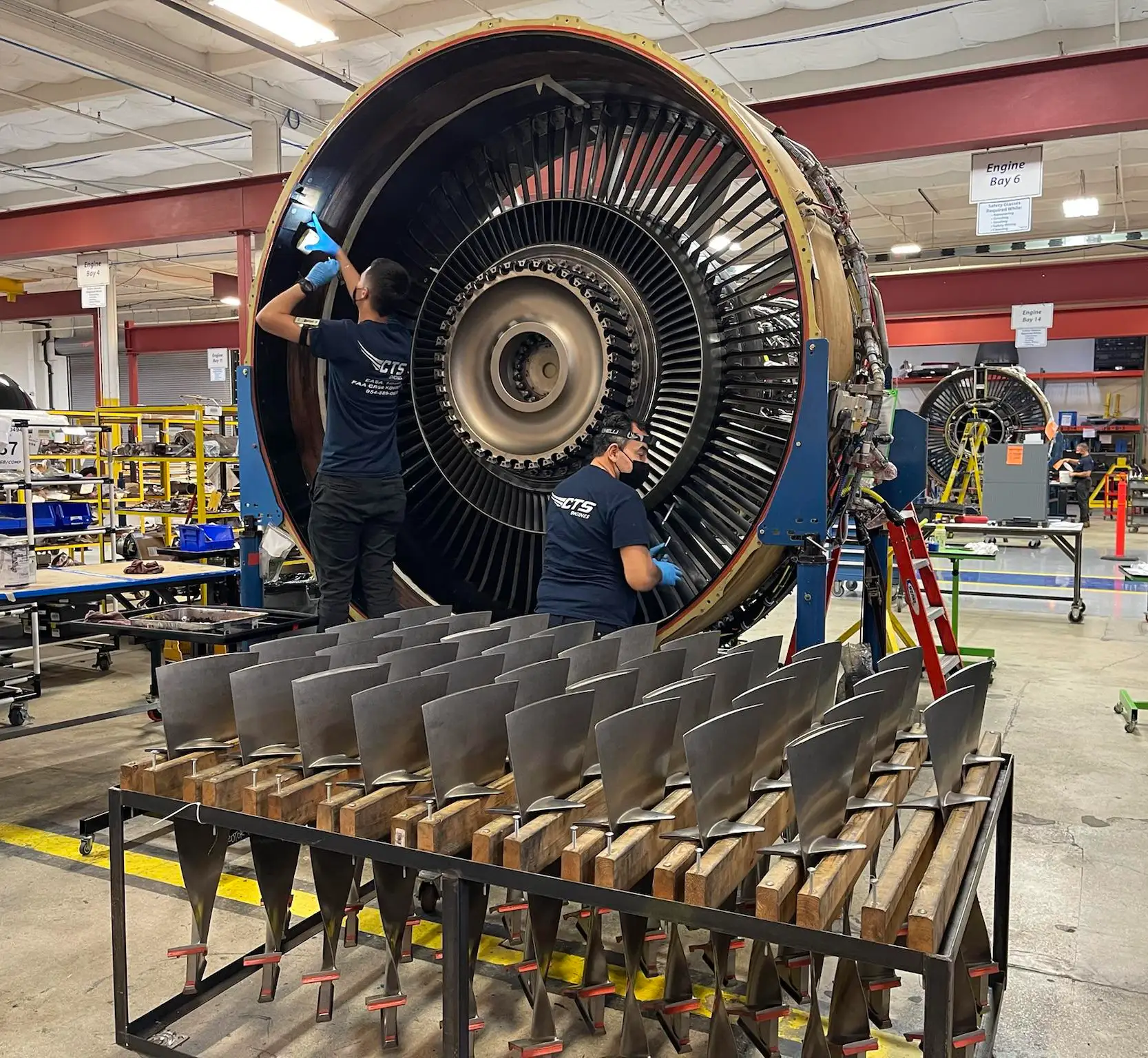Find High-Quality Imports with Engines For Africa
Find High-Quality Imports with Engines For Africa
Blog Article
A Complete Overview to Selecting the Right Engine for Your Job
Picking the proper engine for your job is an essential decision that can significantly influence its overall success. It is necessary to thoroughly define your task needs, assess efficiency demands, and consider user-friendliness alongside various other vital factors. In addition, comprehending the community support available and inspecting expense implications can better refine your selection. Each of these aspects plays a crucial role in ensuring that your chosen engine not just fulfills prompt purposes yet additionally aligns with lasting aspirations. As we explore these considerations, you may locate that the nuances of each aspect reveal more than at first expected.
Define Your Project Demands
Defining your task requires is a crucial step in picking the appropriate engine for successful execution. A comprehensive understanding of your job's objectives will assist you in determining the capacities and attributes needed from an engine. Begin by describing the extent of your project, consisting of the desired capability, target audience, and the details end results you aim to accomplish.
Next, think about the technical demands that straighten with your project goals. This includes reviewing the compatibility of the engine with existing systems, as well as the programs languages and structures that will certainly be utilized. Furthermore, assess the level of scalability called for to suit future growth or modifications popular.
Budget restrictions additionally play a vital role in defining your job requires. Develop a clear economic structure to guide your decision-making procedure, guaranteeing that the engine chosen fits within your spending plan while providing the necessary performance.
Evaluate Performance Demands

Engines that support horizontal scaling are frequently more suitable for bigger applications. In addition, review the engine's efficiency under different problems, such as peak use situations, to ensure it meets your integrity requirements.
Think About Ease of Usage
While technological specs are important, the ease of usage of an engine can substantially affect the development process and overall job success. An user-friendly interface, clear paperwork, and streamlined workflows can drastically lower the discovering curve for programmers, enabling them to concentrate on imagination and analytic as opposed to grappling with facility tools.
When reviewing an engine's simplicity of use, take into consideration the onboarding experience. A well-structured introduction, full with tutorials and sample tasks, can help with a smoother change for new customers. Additionally, the quality and comprehensiveness moved here of the engine's paperwork play an important function; comprehensive overviews and API referrals can equip programmers to troubleshoot and carry out features effectively.
An engine that allows for very easy adjustments can be much more easy to use, as developers can customize it to fit their certain needs without substantial problem. Ultimately, selecting an engine that focuses on simplicity of usage can lead to a much more enjoyable and efficient growth experience.
Assess Neighborhood and Assistance
The toughness of an engine's community and support network can greatly affect a programmer's experience and success. When assessing an engine, consider the dimension and task level of its area.
In addition, examine the availability of main assistance channels. Trusted documentation, responsive consumer support, and routine updates are essential for resolving technical concerns and maintaining your task on track. Engines For Africa. Active areas likewise cultivate partnership, offering chances for networking and responses, which can be very useful, specifically for small teams or independent designers
Additionally, investigate the existence of community-run events, such as hackathons or meetups. These celebrations can improve your understanding of the engine while attaching you with skilled individuals and prospective collaborators. In summary, a robust neighborhood and assistance system not only enhance development however likewise create an environment for learning and development, inevitably boosting the chance of your project's success.
Contrast Cost and Licensing Alternatives
Spending plan factors to consider play a crucial function in choosing the ideal engine for your project, as the expense and licensing options can significantly impact both short-term costs and long-term feasibility. Engines For Africa. Different engines use varying prices frameworks, which can consist of single acquisition costs, subscription designs, or revenue-sharing contracts based on your job's revenues

Certifying alternatives also differ substantially. Some engines are open-source, supplying flexibility and community-driven support, while others may call for exclusive licenses that limit use and distribution. Understanding the ramifications of each licensing model is crucial, as it affects possession rights, future scalability, and possible lawful obligations.
Conclusion
To conclude, selecting the ideal engine for a job demands a comprehensive analysis of specified job requirements, efficiency demands, simplicity of usage, community assistance, and cost factors to consider. By methodically resolving these essential elements, decision-makers can make certain alignment with both future and existing job needs. An educated selection more tips here eventually enhances the probability of task success, allowing effective resource appropriation and optimizing prospective end results within the defined financial restrictions.
Selecting the suitable engine for your job is a vital choice that can considerably influence its general success.Specifying your job needs is an essential step in selecting the proper engine for effective execution. An extensive understanding of your job's purposes will certainly lead you in identifying the attributes and abilities required from an engine.When you have a clear understanding of your task requires, the following action is to evaluate the efficiency demands of the engine.In verdict, picking the proper engine for a task necessitates a detailed address examination of specified project needs, efficiency demands, simplicity of usage, area support, and price factors to consider.
Report this page